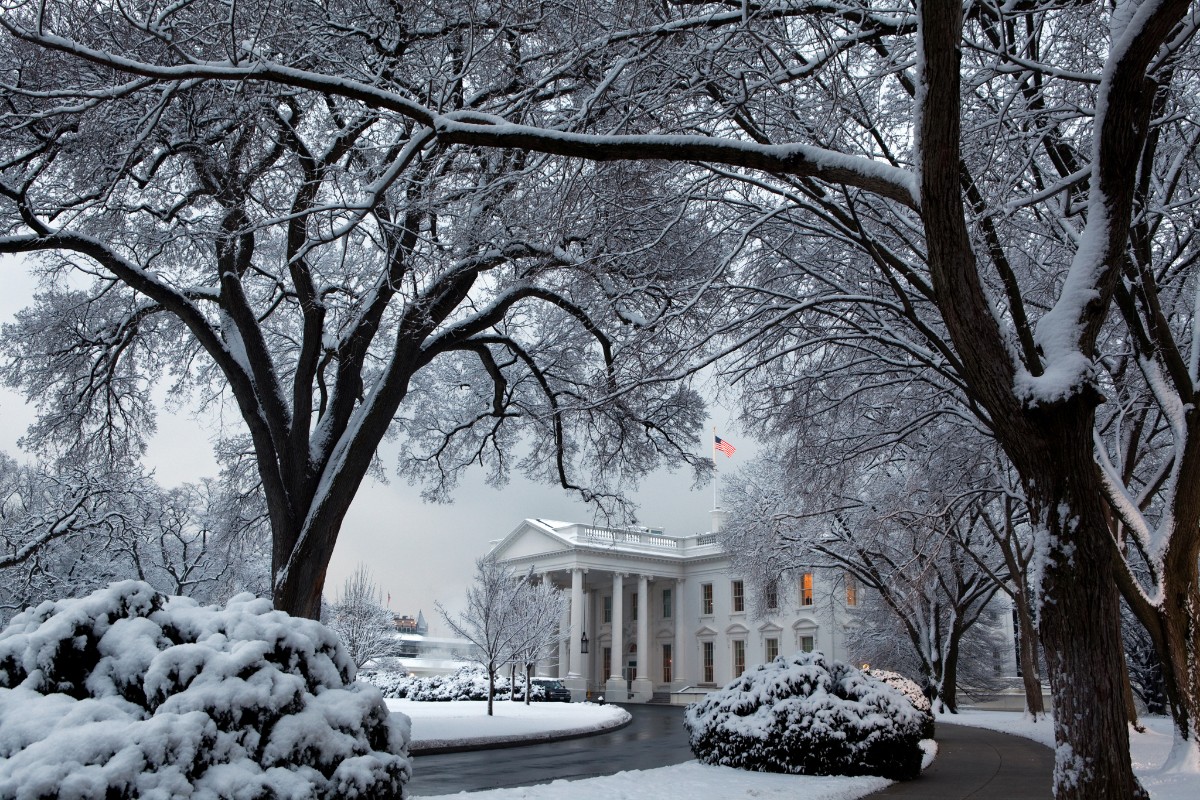
Executive Order Would Attack the Consensus on the Security Threats Posed by Climate Change
The National Security Council deputies committee is meeting to focus on an Executive Order (EO), drafted by William Happer, a member of President Trump’s national security staff, and notable denier of both the causes and effects of climate change.
In an attempt to discredit the research consensus of the international scientific community and to undermine the authoritative analysis of our nation’s security and intelligence agencies, this EO calls for the organization of a Presidential Committee on Climate Security, to be run by Happer himself, and co-chaired by two non-governmental members, designated by the President.
The discussion paper included with the draft executive order erroneously claims that the three key reports, produced by U.S. Government agencies have “not undergone rigorous independent and adversarial scientific peer review to examine the certainties and uncertainties of climate science, as well as implications for national security.”
The United States Global Change Research Program’s 2017 Climate Science Special Report (which unequivocally links greenhouse gas emissions to climate change) and its 2018 National Climate Assessment (which details serious weather and sea level rise impacts on the United States), are received input from more than 13 Federal Agencies and were thoroughly peer reviewed by hundreds of scientists and academics across the nation.
In addition to the Government’s own research, there is very strong scientific consensus surrounding climate change and an ever better understanding of both the causes, and the future effects – including those on national security.
Military and intelligence analysis and strategic documents, going back to the George W. Bush administration’s National Defense Strategy define climate change as a risk that must be understood by intelligence analysts and managed by our nation’s military forces.
One need look no further than the water’s edge to see the effects of climate change on our nation’s military infrastructure and readiness. Sea level rise is a growing threat to both military bases and the coastal communities that surround them. And as recent hurricanes Florence and Michael demonstrated, extreme weather can impact both the mission capabilities and budgets of our military services.





